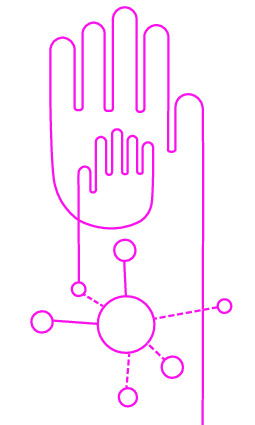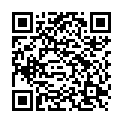|
|
|
| Module code: PdK-600 |
|
|
3S (3 hours per week) |
|
15 |
| Semester: 6 |
| Mandatory course: yes |
Language of instruction:
German |
Assessment:
Bachelor thesis (80%) + oral examination (20%): graded
[updated 01.10.2020]
|
PdK-600 (P322-0127, T322-0126) Childhood Education, Bachelor, ASPO 01.10.2017
, semester 6, mandatory course
PdK-600 (P322-0127, T322-0126) Childhood Education, Bachelor, ASPO 01.10.2019
, semester 6, mandatory course
|
45 class hours (= 33.75 clock hours) over a 15-week period.
The total student study time is 450 hours (equivalent to 15 ECTS credits).
There are therefore 416.25 hours available for class preparation and follow-up work and exam preparation.
|
Recommended prerequisites (modules):
PdK-401 Research Methods and Evaluation
[updated 07.10.2025]
|
Recommended as prerequisite for:
|
Module coordinator:
Professor/innen des Studiengangs |
Lecturer: Professor/innen des Studiengangs
[updated 02.09.2019]
|
Learning outcomes:
After successfully completing their thesis, students will be able to apply scientific methods to independently discuss, process and reflect (in writing)upon knowledge, skills and practices relevant to childhood education.
[updated 01.10.2020]
|
Module content:
Students will prepare their Bachelor´s thesis and take part in a seminar where they are given the opportunity to discuss and clarify research methodological and content-related questions. They will defend their Bachelor´s thesis in a colloquium (oral exam).
[updated 01.10.2020]
|
Teaching methods/Media:
- Short presentations in the seminar on selected aspects of the Bachelor´s Thesis
- Discussions within the framework of the seminar
[updated 01.10.2020]
|
Recommended or required reading:
Esselborn-Krumbiegel, Helga (2017). Von der Idee zum Text : eine Anleitung zum wissenschaftlichen Schreiben. 5., aktualisierte Auflage. Paderborn : Ferdinand Schöningh. UTB.
[updated 01.10.2020]
|


